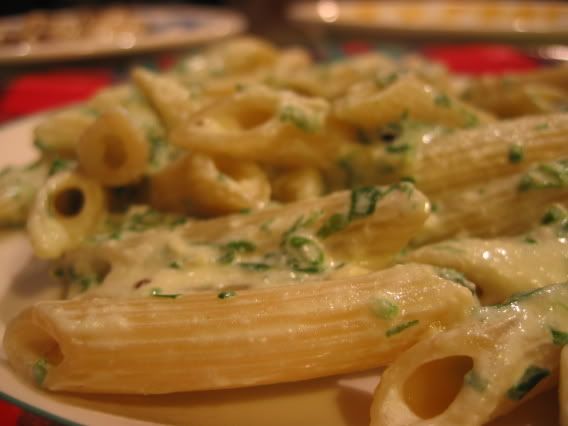Genesis- "Silas Marner and God"
"Silas Marner" certainly concerns itself with religion in a way that is worth examining. Just a few thoughts:
-During today's horror of a lit lecture, Hisham brought up a point about the poetic justice in "Marner" being a result of the will of God. It got me wondering. What did he base that on?
- My rudimentary definition of poetic justice in relation to "Marner"
- In the words of Miss Kalidas, the simplistic "good prospers, evil is destroyed" mechanism. Polar ends of the "good-bad" spectrum meet fates that are, quite crudely, 'fit' for them.
- Silas finds true happiness and love, and the only seemingly evil character (Dunstan) perishes.
- The question to ask is: Is this the Will of God?
I believe that for God to, as expressed in writing, "will" for something to happen, there has got to be a certain kink in the narrative, or at least a partial slant in the way the plot and characters are developed.
First and foremost, the plot and characters need to be engineered in a way that convincingly "creates" an omnipotent God-figure ("he that hath the steerage of my course" as expressed by Romeo [Romeo & Juliet 1.4.12]). How else is the Will of God to be manifested as poetic justice, as a mechanism of the narrative-machine if God is not, in any way, portrayed as existent in the text?
This omnipotent God-figure also needs to have a considerable amount of control, if not flexibility, in the direction of the plot. Coincidence, opportunity, chance and serendipity are all dramatic and narrative devices that can, for the purpose of linking God to poetic justice, be used to explain the divine's workings in the fate of the microcosmic fictional world synthesised by the author.
Do we see this in "Marner?"
Yes (and it would be interesting to examine Eliot's relationship with religion in this context, though that'll be for another post :p).
- The implications of Eppie's arrival are, of course, apparent to all. It is through Eppie that Silas begins the grand transformation ('rebirth', if you will), and the arrival of this life-changing vehicle is shrouded with chance.
- Silas' care of Eppie and Molly's own demise pave the way for Godfrey's own happiness.
- ODDLY... Eliot makes mention of the antithesis of the God-figure:
- "Slowly the demon was working his will
- This confuses me, somewhat, for Molly's demise, rather tragically, happens right outside Marner's door. A trade-off, perhaps, between God and the Devil. Eliot seems to be setting the scene for an almost ecclesiastical association with the coming events.
- Marner's seizure, his fit (a trance, even), allows him to see Eppie. (A tad of a stretch, but it seems like God is thrusting him towards her).
- Chance, or God, has, therefore, a very physical control over this situation.
2. (Evil is destroyed) Chapter 18: Dunstan is discovered/uncovered/recovered/whatever
- Dunstan actually falls into a stone-pit, right after he "stepped forward into the darkness" (Chapter 4) from Marner's house.
- Do we know if this is God's will? No, but we can speculate. The poetic-justice surrounding Dunstan's death is only complete in its effect when it is revealed to the reader, and this would not have been possible if it had not been for the need to, after 16 years, drain the stone pit.
- Again, somewhat of a stretch, but we can't deny the chance involved in this.
- Interesting how the gold is returned to Silas after his metamorphosis has gone full circle (ie. from contented in Lantern-Yard, to recluse, to a contented Marner in Raveloe)... as if it is God's will to "return" the gold when fit. (Interesting premise for discussion... Marner's "full cycle")
My Conclusion?
Chance and Fate seem to take on a pivotal role in Silas Marner, as they did with "Romeo and Juliet", though the pagan references to "Chance" or "Fortune" are absent in Eliot's work. Chance/Fortune/Fate seem, in "Marner" to be embodied in the God-figure whose, given the very rural and ritualistic society of "Marner"'s world (incidentally a very Christian society), part to play in the two main instances of poetic justice in the novel is very much suggested and implied.
Implied, perhaps, by Eliot's own introduction of religion into her fiction and through an invisible, but nontheless present and vital, divine impetus. Eliot is god, in a sense, in her fiction and the will of this god is manifested in the slants in her narrative.
The End
Hope it makes sense. I'll revisit this after reading a couple more Eliot/Victorian works and see if my opinion has changed.


0 Comments:
Post a Comment
<< Home